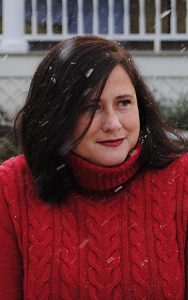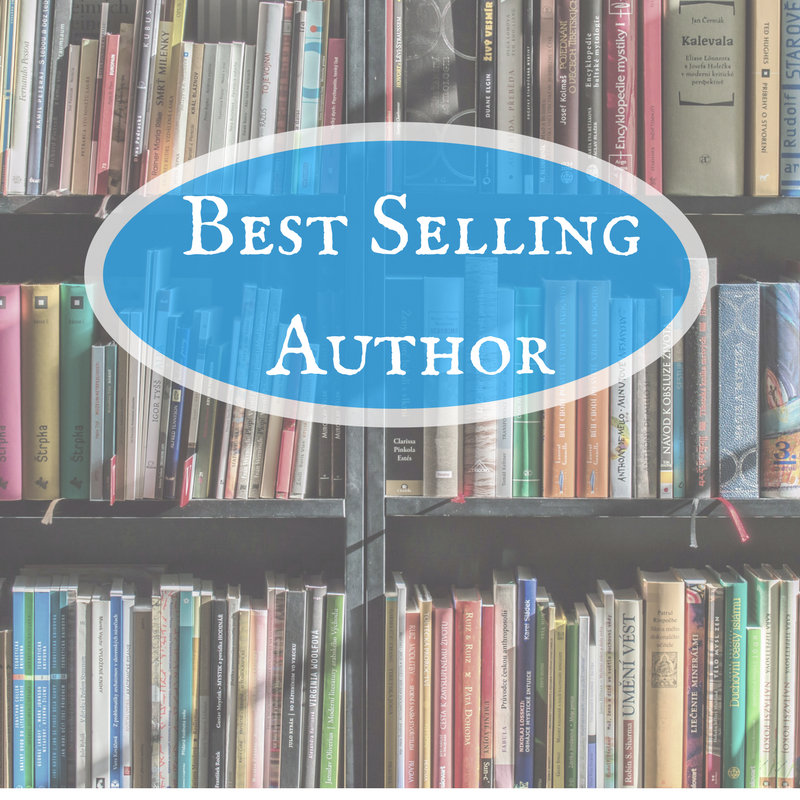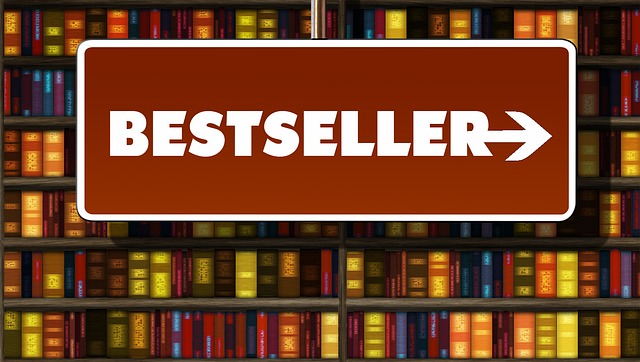Can you share a little about your recent book?
The most recent books I’ve written are holiday books, but my most recent big novel is The Magician. It’s part of a collection of books that centers around the historic town of Donora, PA. The Magician is set in 1920-40 and is inspired by the childhood years of Stan Musial—baseball hall of famer. He grew up in Donora and the book is truly about dreams and love and finding your way in the world. It’s historical fiction, but the themes of love and survival (Depression years) and family resonate today as much as in the time I’m writing about.
Why do you write? Do you have a theme, message, or goal for your books?
I write because stories seem to rise up in front of me all the time. Even seeing someone in a coffee shop who has an interesting way of dressing or talking, or moving through space can cause a story to spring up in my mind and I make a note of it and use it later. I’ve tried to quit writing fiction a few times when I was frustrated with the business, but I think the longest I quit for was one day.
How long have you been writing?
I’ve been purposely writing to get published since about 1998ish.
And how long did it take you to get your first major book contract? Or are you published non-traditionally? How did that come about?
I’m an indie author. I found an agent and was going the traditional route in about 2005, but it didn’t work out with my agent and I just kept writing and writing with books piling up that weren’t sold and just when I was going to try to find a new agent, the world shifted and suddenly it was possible to find readers without going through New York to do it. I asked myself what I wanted more—the stamp of approval that the traditional route offers (I love being stamped with approval—I got a PhD and that stamp is powerful to me!) or to see my work get into the hands of readers—readers won out. So I hire people to do all aspects of the publishing process that require a unique skill set and I try to create a product and process that mirrors the traditional book experience. I’ve written about 18 books/novellas, edited some anthologies and, and written countless articles and am happily working on the next books right now! Neither path to publication is perfect, but I am so happy being an indie publisher/author.
Which of your books is your favorite?
Oh my goodness, I can’t really answer this. I was just going to say Love and Other Subjects, because it’s light and fun but heartwarming, and then The Last Letter popped to mind because it’s inspired by 160 year old family letters, but then no, it’s the Donora story collection but no, it’s my holiday books… on and on. Everyone says it and I agree—my books are like my children—I love both and can’t pick a favorite!!!!
Do you have a favorite character or scene in one of your books?
One of my favorite scenes is in The Magician and grew out of Stan Musial’s autobiography. He mentions how his older sisters were supposed to keep him from drinking the sweetened condensed milk because it was expensive, but he would sneak it whenever he had the chance. So, I took this one little fact that he’d tossed into a large book about his baseball career and created a scene that brings to life his family, shows the impact of economics on them, the sibling dynamic, the parental dynamic and also how neighbors come into play—all in one scene. Love that one.
How long does it take you to write a book?
Depends on the book! I wrote Cinder Bella in two months, The Christmas Coat in a month, The Magician in 18 months, The Kitchen Mistress in 3 years…it really depends on how complex the story is and how long. Also, whether it’s historical or not. Writing historical fiction, at some point in every book, I literally stop every other sentence to double check if the words I chose existed at the time, if the objects in a scene existed, if the environment is “right,” etc… it’s tedious and way more time consuming than contemporary writing. For me any way! It may be different for others.
What’s your writing work schedule like?
I write every day when I’m not taking a break. Actually, even when taking a breather from a novel, I’m usually writing tiny stories and articles for social media. But I like to write first thing in the day or after going for a walk in the morning best.
Do you have an interesting writing quirk? If so, what is it?
I always purchase totems to go with the books I’m writing. If it’s historical fiction, I find artifacts that play into the story or into the characters’ lives. Even with contemporary, I purchase things to help me better understand the worlds I’m building. For example, in Puff of Silk, Ameila is a dressmaker and I’ve learned to stitch a few things, drape material, bought a few types of material so I better understand what it feels like to turn all these pieces into wearable art. Not that I can do any of that, but playing with the items gives me a sense of what it would be like.
What has been your greatest joy(s) in your writing career?
Readers contacting me or running into me and introducing themselves, telling me that they love my work. There is nothing like that.
What has been your darkest moment(s)?
It took me a while to build up a body of work that could stand up to the constant rejection and criticism that comes with putting your work into the world. At first, when I got bad reviews or someone said they didn’t appreciate indie publishing it was jarring, it left me self-conscious and worried whether their opinions were “right.” But now, with a body of work that is shaped by mostly “good,” feedback, when something negative comes to me, I can depersonalize it better. Learning to figure out the motivation behind the negativity has helped as well—some people just like to be rude. Other times, criticism genuinely comes from a person just not connecting with my work. That’s how this works, but it’s hard to learn that and it takes a while to learn to shake off casual negativity if there’s nothing substantive in it.
How many times in your career have you experienced rejection? How did they shape you?
Tons of rejection—first in the traditional world, friends who disagree with Indie publishing, and readers who dislike my work. Learning to live with all of that has been made easier by building up a catalog of books that most readers seem to appreciate. Keep going is my motto. The right thing will connect with the right reader.
Where do you get your ideas?
I get ideas everywhere—newspaper, historical magazines, coffee shop conversations, family letters and lore—ideas live everwhere and in every moment.
Who is your favorite author to read?
Kate Morton
What advice can you give aspiring writers that you wished you had gotten, or that you wished you would have heeded?
My advice is to write a ton and read a ton. Don’t get hung up on perfecting everything at the expense of writing a lot when you’re in early stages. Not everything has to be queried or published. But you have to get into the groove of producing. Play with how you want to get your story across and that means you have to write and write and write. Get feedback—ask how what you want the reader to get from your story is coming across or not to trusted readers.
What are common mistakes you see aspiring writers make?
I don’t really see mistakes—just different paths taken, different artistic and business choices made.
Where/How do you recommend writers try to break into the market?
If you really want to be traditionally published, embrace that path using all the resources available. And if you want to be indie published do the same. Some people like to publish shorter things on their own and save their bigger novels for traditional routes and that works great for them!

Bestselling author, Kathleen Shoop, holds a PhD in reading education and has more than 20 years of experience in the classroom. She writes historical fiction, women’s fiction and romance. Shoop’s novels have garnered various awards in the Independent Publisher Book Awards (IPPY), Eric Hoffer Book Awards, Indie Excellence Awards, Next Generation Indie Book Awards, Readers’ Favorite and the San Francisco Book Festival. Kathleen has been featured in USA Today and the Writer’s Guide to 2013. Her work has appeared in The Tribune-Review, four Chicken Soup for the Soul books and Pittsburgh Parent magazine. Kathleen coordinates Mindful Writing Retreats and is a regular presenter at conferences for writers. She lives in Oakmont, Pennsylvania with her husband and two children. For more information, visit facebook.com/Kathleen-Shoop.





No Comments